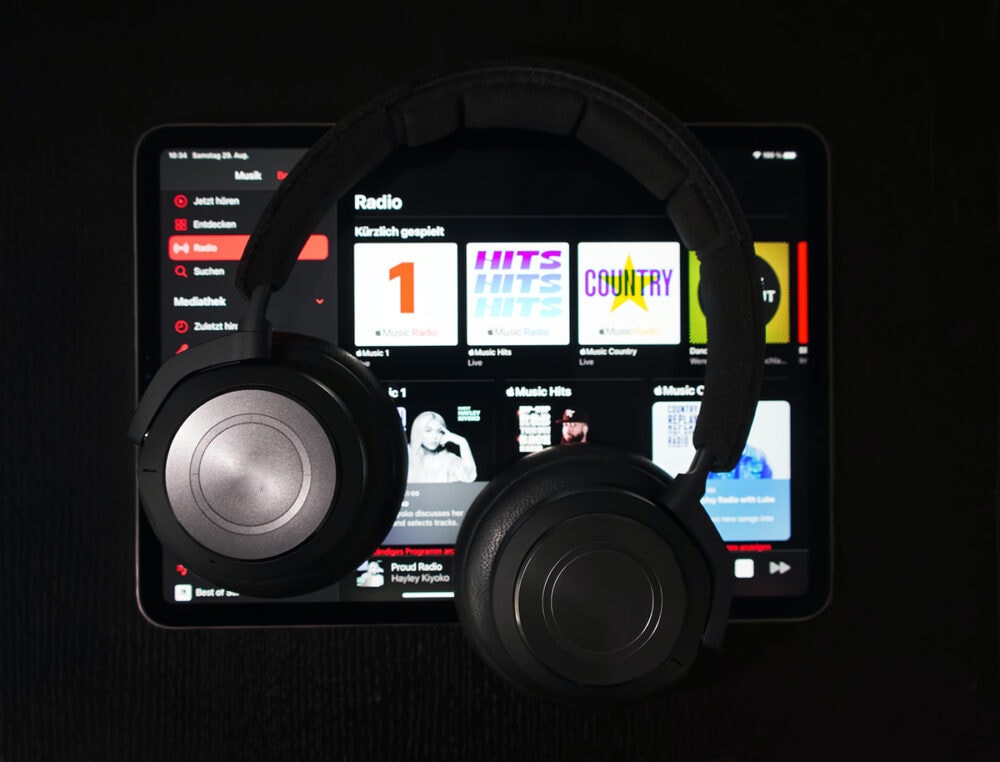Social media acts like addictive drugs
Austrian scientists identify addictive behavior when abstaining from social media use. The psychological intervention study shows that even short-term abstinence leads to withdrawal symptoms.

In many cases, giving up social media such as Facebook and WhatsApp for just seven days is enough to cause withdrawal symptoms similar to those caused by addictive substances. This is the result of a study by Austrian scientists published internationally on Wednesday. In fact, classic withdrawal symptoms such as a significantly increased craving, boredom and an influence on positive and negative moods were identified. What was most surprising, however, was that 90 out of 152 participants did not even manage to keep up the seven days of social media abstinence without "falling off the wagon".
Nomen est omen: for many people, social media have become part of their social behavior - and therefore their everyday lives. How and when people use social media has therefore already been extensively studied. However, little is known about how such users react to a period of abstinence. How much do they miss using it - and what are the consequences of such a "withdrawal"? Two scientists from Karl Landsteiner Private University Krems (KL Krems) and the University of Vienna, Austria, have investigated precisely these questions - and found answers that are familiar from addiction research. These were published on Wednesday in the journal "Cyberpsychology, Behavior and Social Networking".
Dependency sign
"In fact, even a seven-day abstinence from social media led to mild withdrawal symptoms in the test subjects, as we know them from the use of addictive substances," explains one of the study authors, Prof. Stefan Stieger from the Department of Psychology and Psychodynamics at KL Krems. "In particular, the desire - the craving - for the use of social media increased significantly during the abstinence phase. An effect that was still measurable even when social media was allowed to be used again." Boredom and the feeling of significantly increased social pressure to resume the use of social media also occurred. The latter arose from the feeling that friends would expect you to interact on social media or that you could miss out on something. "The feeling of social pressure," explains Prof. Stieger, "is all the more surprising given that the test subjects were allowed to use other communication channels such as text messages and email."
A total of 152 people between the ages of 18 and 80 took part in the study, 70% of whom were women. Prof. Stieger comments on the fact that over 1,000 people accepted the invitation to take part, but only around 30 percent of them showed any interest at all and ultimately only just under 15 percent agreed to abstain from social media as follows: "It is reasonable to assume that people who found it easier to abstain from social media were more likely to take part - and that their withdrawal symptoms were therefore perhaps milder than those of others. The effects could therefore be even more pronounced for other people."
Surprising: negative experience is reduced
The research duo made an observation that contradicted their intuitive assumptions when it came to the effects on the mood of the test subjects. Although the subsequent evaluation showed that these observations were not statistically significant, it was nevertheless noticeable that not only was the perception of positive moods reduced in some test subjects - as expected - but the experience of negative moods was also reduced. This was unexpected, surprising and does not correspond to the classic withdrawal symptoms that would lead one to expect a stronger (!) perception of negative moods. Equally surprising was the high number of study participants who became "weak" and still used social media during the seven-day abstinence phase. Although this happened rarely (on average less than twice) and briefly (on average 3 minutes), almost 60 percent of the test subjects "cheated". For Prof. Stieger, this is an indication of the extent to which social media is integrated into everyday life and how difficult it is even for people willing to abstain to implement this plan consistently.
The study once again uses a data collection method that Prof. Stieger has continuously optimized for applications in psychology. This is based on the use of a smartphone app - individualized for the respective project - which allows data collection in the familiar living environment of the test subjects. Artifacts caused by laboratory environments or similar are therefore excluded. KL Krems thus once again confirms its innovative approaches to gaining knowledge in important bridging disciplines such as medical technology, psychology and psychodynamics.
Original publication: Stieger, S., & Lewetz, D. (2018). A week without using social media: Results from an ecological momentary intervention study using smartphones. Cyberpsychology, Behavior, and Social Networking, 21, 618-624.








